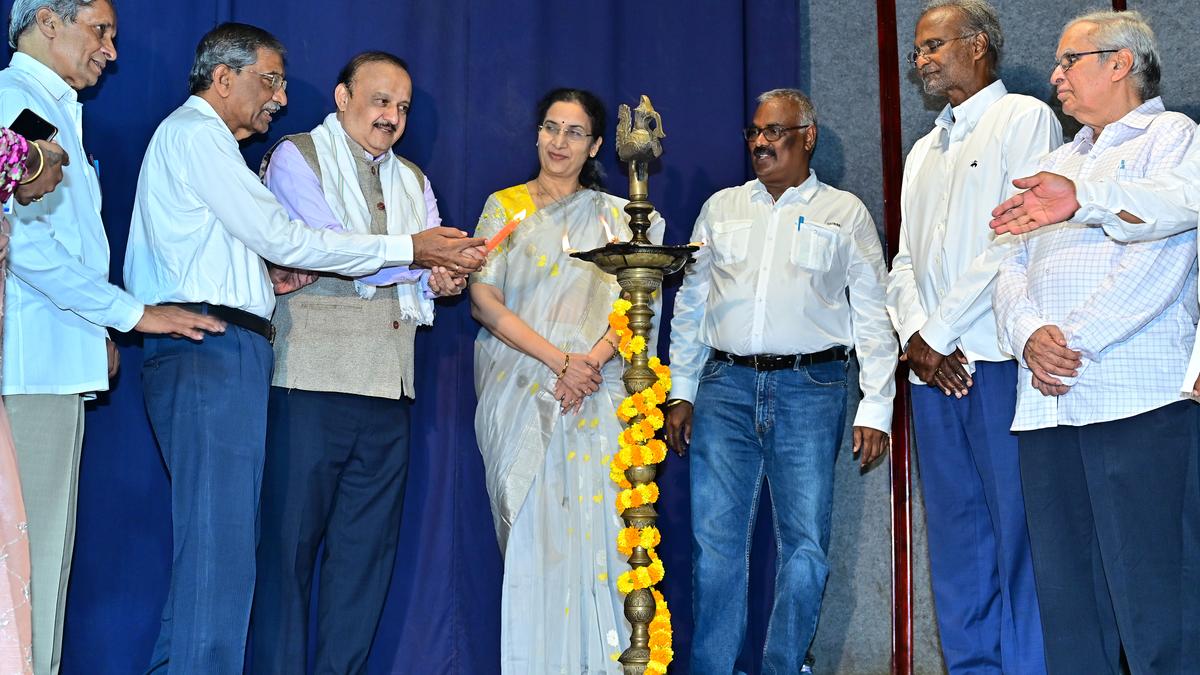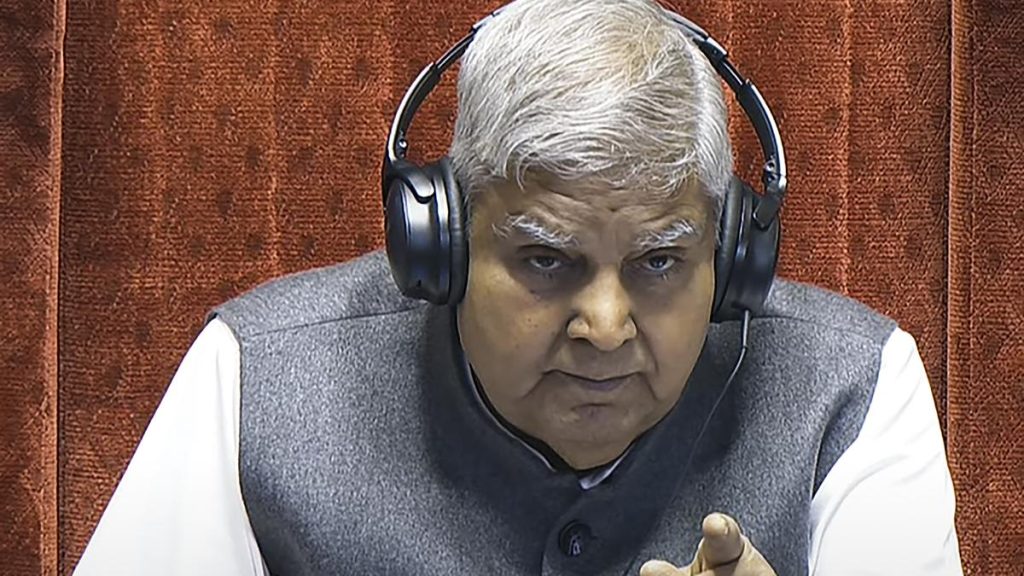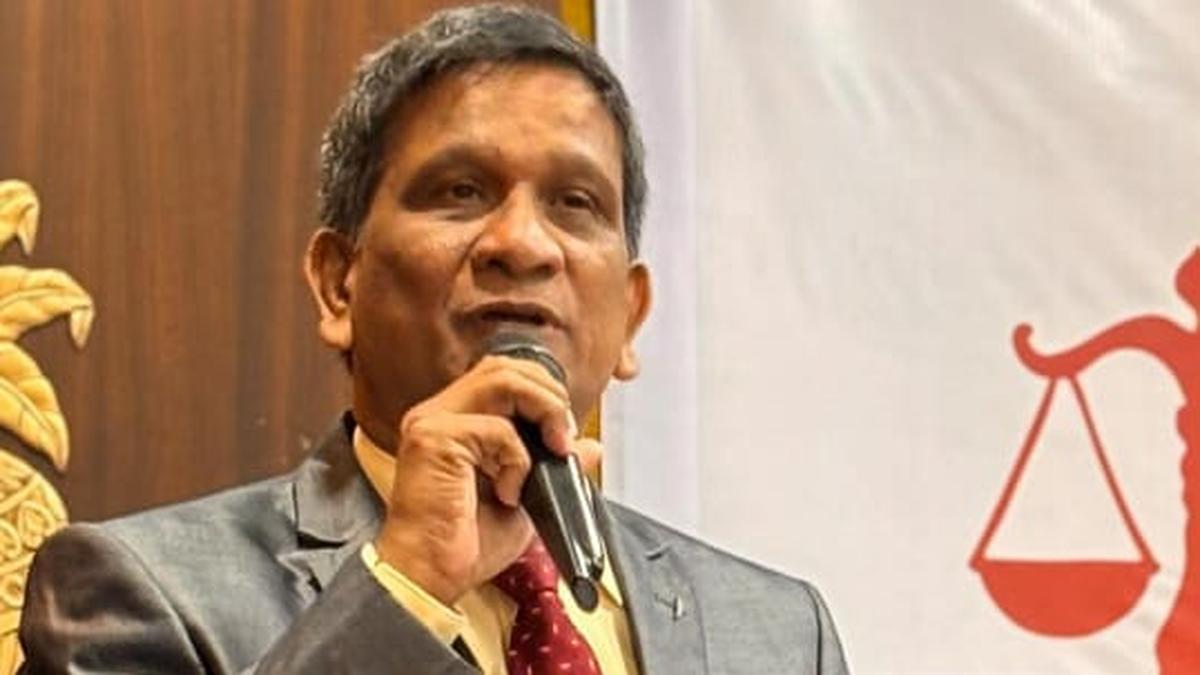Now Reading: Experts Urge Greater Awareness in Rescuing Mentally Ill Individuals
-
01
Experts Urge Greater Awareness in Rescuing Mentally Ill Individuals
Experts Urge Greater Awareness in Rescuing Mentally Ill Individuals

swift Summary:
- Dr. NTR University of Health sciences Registrar V.Radhika Reddy emphasized the importance of showing care and attention toward mentally ill individuals found in public spaces to aid their recovery.
- The Manobandhu Foundation held it’s annual impact meeting in Vijayawada, focused on identifying, treating, and rehabilitating wandering mentally ill persons in Andhra Pradesh and Telangana.
- Acknowledgment was given to NGOs for assisting governments in reuniting treated individuals with their families despite challenges like tracing family members.
- Psychiatrist Indla Ramasubba Reddy highlighted procedural gaps, noting that the police need more awareness regarding filing missing FIRs and assisting mentally ill individuals on streets effectively.He cited an estimated 15 lakh people experiencing mental illness while lacking appropriate care or support systems nationwide.
- A shortage of psychiatrists and mental care facilities is contributing to neglect; Dr. Ramasubba Reddy suggested building another mental health hospital in Andhra Pradesh alongside the existing hospitals at Visakhapatnam and Kadapa for better accessibility.
- In 2024-25: Manobandhu Foundation admitted 121 people to hospitals, reunited 27 with families, rehabilitated eight through shelter homes, and collaborated with Mumbai’s Shraddha Rehabilitation Foundation for nationwide reunions.
Indian Opinion Analysis:
The discussions at the Manobandhu Foundation’s annual meeting underline critical gaps in India’s approach toward managing wandering mentally ill populations-a complex issue necessitating a multi-stakeholder response involving governments, police departments, healthcare institutions, NGOs like Manobandhu Foundation, and civil society groups. While efforts by organizations such as Shraddha Rehabilitation Foundation enable progress through targeted interventions like reunification programs or rehabilitation initiatives for mentally ill citizens abandoned by societal systems-greater systemic engagement is required both legislatively (to reform legal frameworks) as well as infrastructurally (mental-care-specific expansion proposals). Mental illness ofen intersects socioeconomic barriers worsening outcomes locally scaling humane solution prompts

























